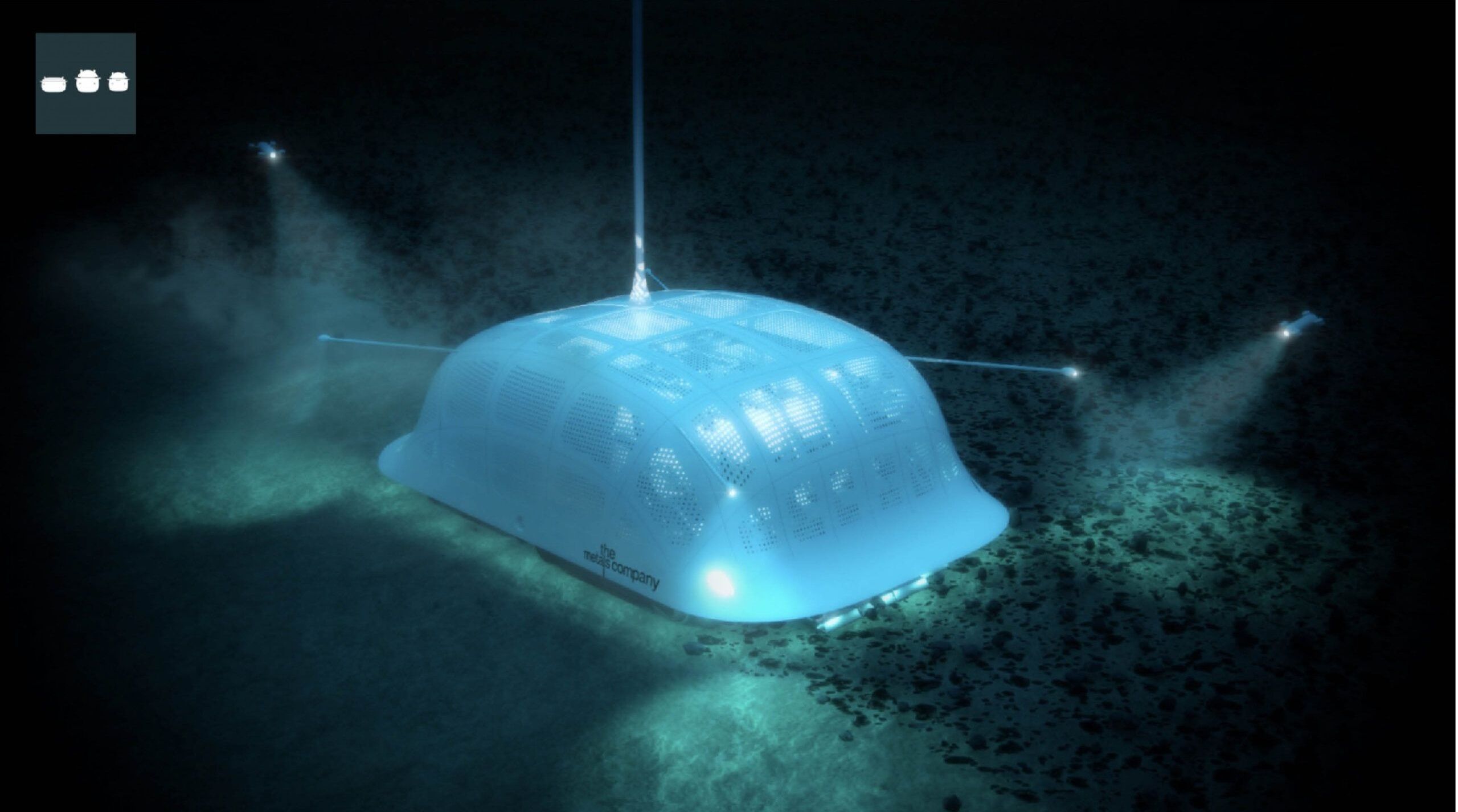The Metals Company Banking On Science Fiction, Not Fact

MEDIA RELEASE | August 2 2024
The Metals Company (TMC) declared it opposes groundbreaking scientific research that the company itself part funded, even as the International Seabed Authority’s (ISA) key decision making body, the Assembly, is today set to discuss the other role of the mining regulator – to protect and preserve the marine environment. The research undertaken by the Scottish Association for Marine Science confirms for the first time that the polymetallic nodules TMC is attempting to mine are a source of deep ocean oxygen. A fact that in large part explains why so many unique deep sea life forms rely on the nodules for habitat, reproduction, and feeding grounds.
Dr. Helen Rosenbaum, Research Coordinator for the Deep Sea Mining Campaign stated “TMC’s intention to refute the work of an established research laboratory published in one of the world’s most respected science journals is an extraordinary and desperate move. We know the company is racing against time to gain a mining licence before its finance runs dry. However, challenging the rigorous approach of the scientists, the international journal Nature, and it’s expert peer review panel, will be the final nail in the coffin for TMC’s scientific credibility. TMC has no scientific basis for refuting this research. Instead it is driven by its dire financial situation.”
This is not the first time that TMC’s scientific professionalism and integrity have been questioned. Scientists on board the company’s 2022 DSM test in its Nauru licence area revealed that flaws in the scientific program’s monitoring system, poor sampling practices and equipment failure made the data collected meaningless. In addition they provided footage of a pollution incident that TMC intended to cover up.
James Hita is the Communications and Advocacy Coordinator at the Deep Sea Mining Campaign. “TMC boasts the volume of data they’ve submitted to the ISA, but we’re yet to see a peer reviewed paper on this published in a respected journal. Instead of relying on actual evidence, TMC relies simply on marketing.” says Hita.
DSMC is concerned that the Digital Twin Technology promoted by TMC as “providing eyes and ears to the regulator and stakeholders” is its latest in smoke and mirrors.
“It’s simply a facade of transparent environmental management while TMC bulldozes its way through the concerns of Indigenous communities across the Pacific, global civil society, the finance and insurance sectors, and state members of the ISA which the company is pressuring to finalise regulations for commercial DSM.“ says Hita.
Dr. Rosenbaum concludes, “The much vaunted digital twin will be part of an approach that would enable TMC to treat the deep sea floor – the common heritage of humanity – as its private experimental laboratory. Rather than respecting the precautionary principle and waiting for science to confirm if and where DSM might occur, this approach would allow TMC to tweak machine operation while it destroys deep sea ecosystems effectively forever in human timeframes.”
__
For more Information contact:
James Hita +61 402 900 235 james@dsm-campaign.org
Dr Helen Rosenbaum +61 413 201 793 helen.rosenbaum1@gmail.com
__
Digital Twin technology is in its infancy and research relevant to deep sea mining has largely focused on AI simulations that optimise engineering performance and mechanical operation at depth. Public statements to date suggest the focus of ‘Kognitwin’ in development for TMC by Kongsberg Digital, will be simulating the nodule collection process, rather than monitoring environmental impacts or protecting the environment.
RELATED NEWS
WATCH BLUE PERIL
